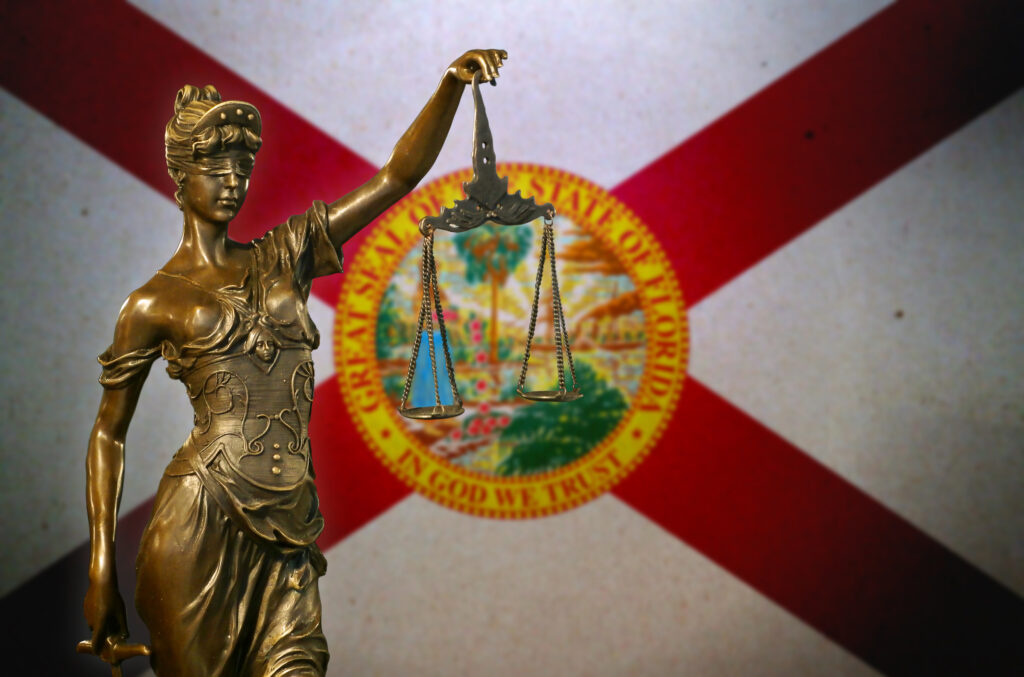In recent months, lawmakers, media, and courts in jurisdictions worldwide have called for oversight of third party litigation funding (or TPLF). TPLF is a global industry that involves private financiers signing often-undisclosed deals with plaintiffs’ lawyers to fund cases in exchange for a cut of any settlement or award. With few exceptions, TPLF operates without government oversight or transparency – it’s often the case that judges, defendants, and even the plaintiffs themselves don’t know about TPLF deals between funders and plaintiffs’ lawyers. For a growing chorus of observers and decision-makers, this status quo is unacceptable. Now, regular citizens have added their voices to the call for change.
Last week, a survey of European Union (EU) consumers revealed that 83 percent support the creation of safeguards to ensure TPLF operates in consumers’ best interests. Fifty-eight percent believe TPLF shouldn’t be allowed to operate without safeguards in place, and 25 percent believe the practice shouldn’t be allowed at all.
The survey, released on September 28th and conducted by international polling firm WorldThinks, presents the views of over 5,000 consumers across France, Germany, Netherlands, Poland, and Spain. Respondents indicated strong support for a wide range of possible safeguards, including recommendations that:
- funders should have a fiduciary duty to put the best interests of claimants over their own investment interests (79 percent);
- funders should be legally required to see a case through until the end, without the ability to withdraw their funding before the case is concluded (78 percent); and
- funders should have limitations placed on them regarding the fees they are able to charge if the party they’re funding wins or settles the case (77 percent).
One thing respondents did not support was the status quo – only 31 percent favored leaving funders to self-regulate by adopting their own codes of conduct.
These findings should lend authority to efforts underway by EU lawmakers to create commonsense safeguards for the litigation funding industry. This summer, Members of the European Parliament introduced a legislative proposal that, if passed, would oblige the European Commission to consider a Directive on TPLF. Soon after the proposal was introduced, the German Bar Association voiced its support and called on the Parliament to go even further.
Crossing the Atlantic to the United States, earlier this week, a group of 27 business organizations and the Institute for Legal Reform submitted a letter to the Federal Rules Advisory Committee (a body that sets the rules for federal courts). The letter urged the Committee to launch a pilot program requiring the disclosure of TPLF agreements in select federal jurisdictions. The case for such a program was reinforced earlier this year. In June, the U.S. District Court for the District of New Jersey moved to require disclosing certain details about any TPLF agreement in any funded case that appears in New Jersey federal court.
And spinning the globe to Australia, on September 30th, the Australian government launched a legislative initiative to tackle several long-standing problems with TPLF. The proposed legislation would cap any payout to class action lawyers and litigation funders at 30 percent of the total recovery. It would also give courts the power to approve and adjust the terms of TPLF agreements to ensure they are fair and reasonable and enshrine in Australian federal law a regulation requiring litigation funders to obtain a license. If they pass Parliament, these measures would address several major issues identified in a report released by a parliamentary inquiry at the end of last year, which named class action plaintiffs in funded cases as “the biggest losers” in the system.
All of this is to say that the world is reaching an inflection point on TPLF. More than ever before, there is broad-based momentum across diverse jurisdictions and legal systems to shed sunlight on this secretive industry. Policymakers and courts should seize this momentum and take a firm stand to protect civil justice from the distortion of unchecked, unregulated, and unaccountable litigation finance.
The evidence and the energy for action are there – what’s needed now is leadership.



